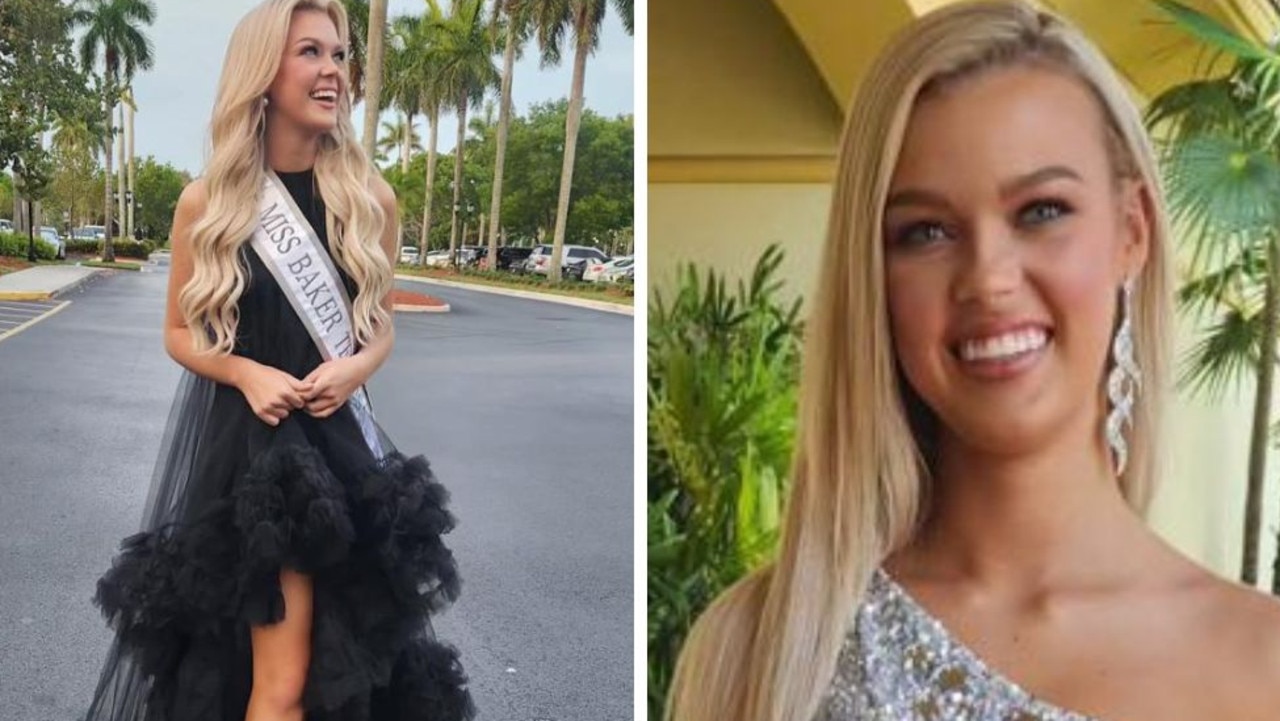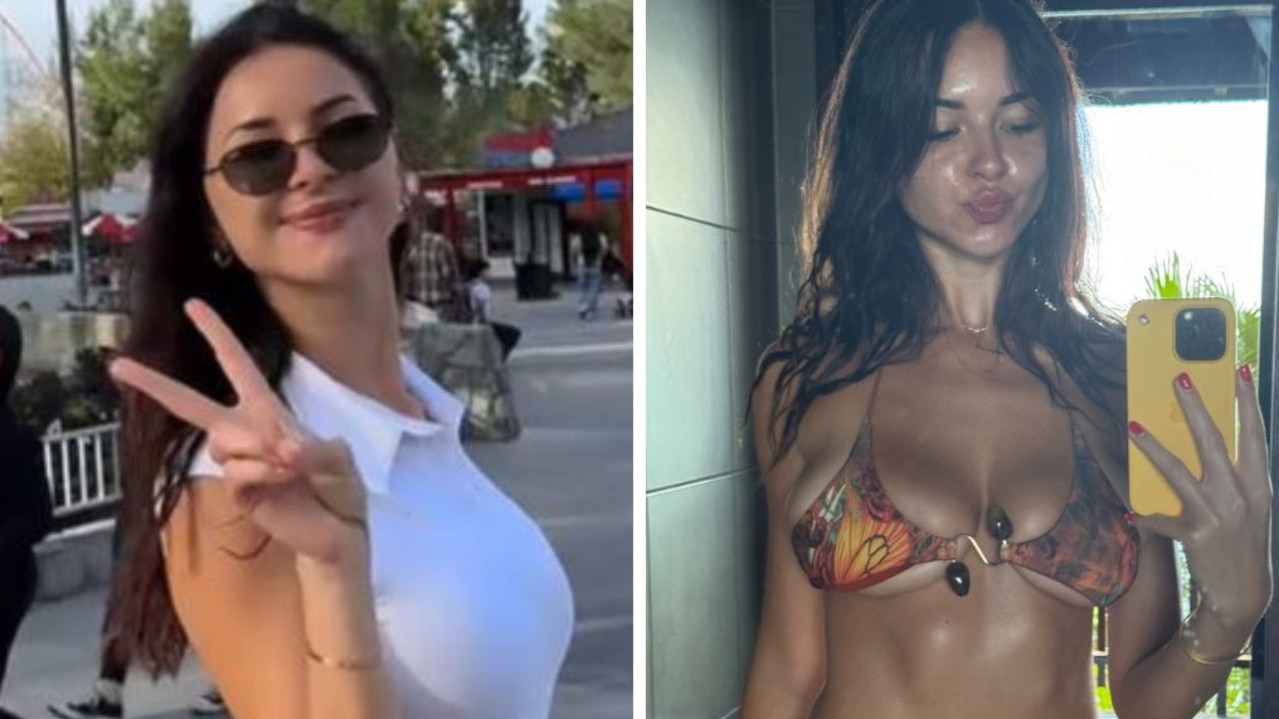Why the Australia Day debate, and discussion about any other divisive issue, is now basically pointless
Those who want to move Australia Day and those who want to keep it on January 26 are at war again. But everyone is wasting their breath.
This time in 12 months, the country will once again find itself bitterly divided over whether to keep Australia Day on January 26 or move it out of respect for indigenous people.
It’s a safe bet that we’ll also still be arguing over how, or if at all, we should respond to climate change and whether immigration is too high, among other contentious issues.
The reality is that Aussies can’t agree on much these days and have become so rusted on to their existing beliefs that a discussion or debate usually descends into a verbal brawl.
“It’s human nature to want to find our tribes and fit in with them,” behaviourist Phil Owens told news.com.au.
“As we do that, we shift further and further to extreme positions. The leaders of those positions usually take more and more extreme positions, and if you’re only in that group, you get confirmation bias — you believe your view is the majority view.”
While this kind of natural behaviour has always occurred in some capacity, the rapid rise of social media has given it a nuclear effect, he said.
And it’s destroying the way we converse with each other — particularly those with different views.
‘ME AND MINE’ MENTALITY
We now increasingly digitally curate our friends based on their views, cherrypick the information we receive and build like-minded online circles to move in.
And it’s bleeding into real life, researchers say.
A study by a popular dating website in the US last year found 72 per cent of American singles wouldn’t date someone who supported an opposing political party.
This trend has prompted a number of right-wing dating apps to launch, while existing services have introduced political filters.
It’s one small example of how opposed to opposing views many of us have become.
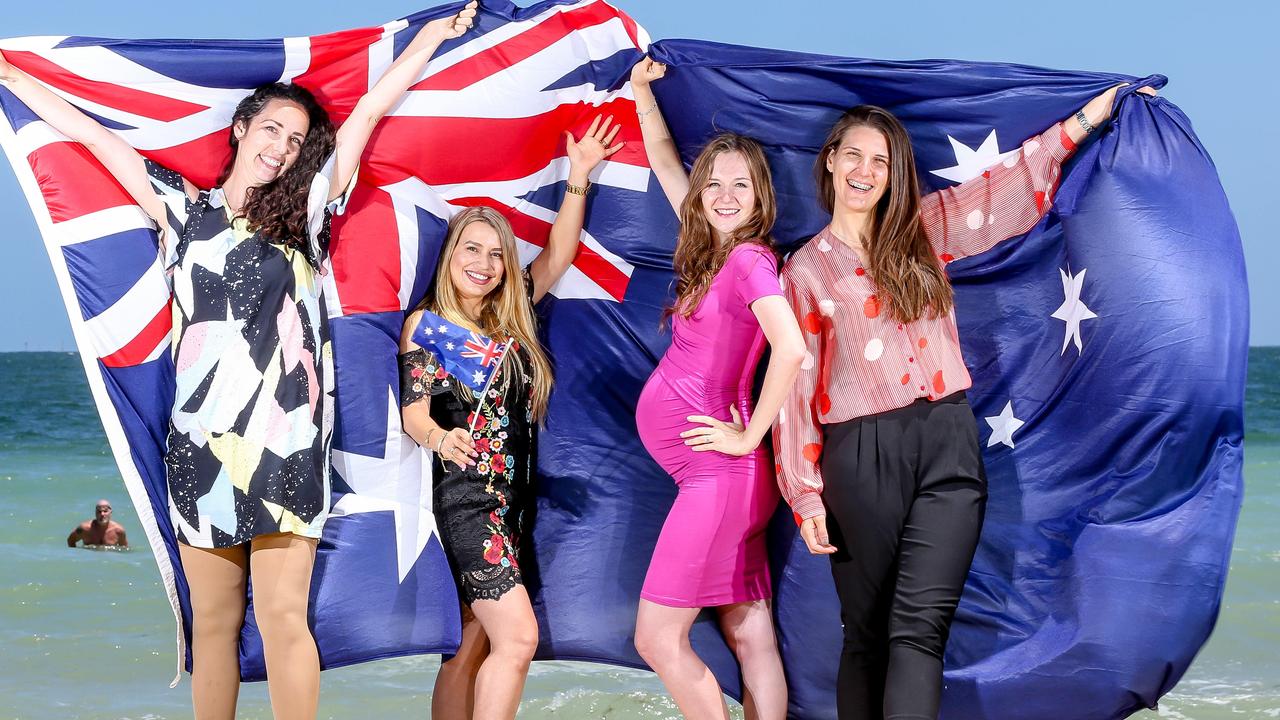
When Today entertainment reporter Brooke Boney shared her views on the date of Australia Day on air last week, she was inundated with a torrent of abuse and hate.
The journalist and proud Gamilaroi Gomeroi woman was measured and respectful in her comments, saying: “For me it is a difficult day and I don’t want to celebrate it. Any other day of the year I will tie an Australian flag around my neck and run through the streets.”
The backlash from those who disagree was brutal and swift.
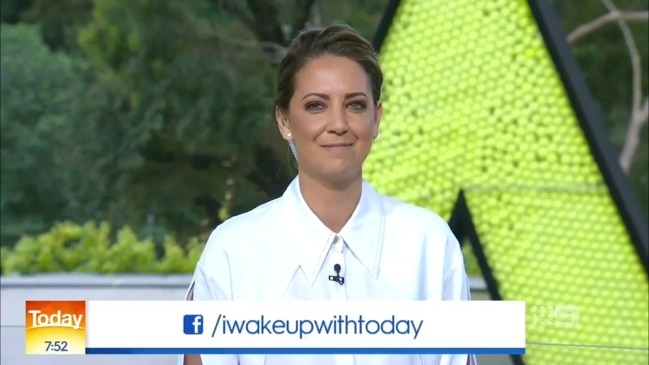
University of South Australia communications and international studies lecturer Collette Snowden said social media fuels debates that quickly “devolve into binary positions”.
“It’s the communication equivalent of being at a football match compared to a dinner party,” Ms Snowden said.
“While meaningful exchanges between individuals are possible on social media, there’s so much noise that it’s difficult to make complex arguments or check the validity of information.”
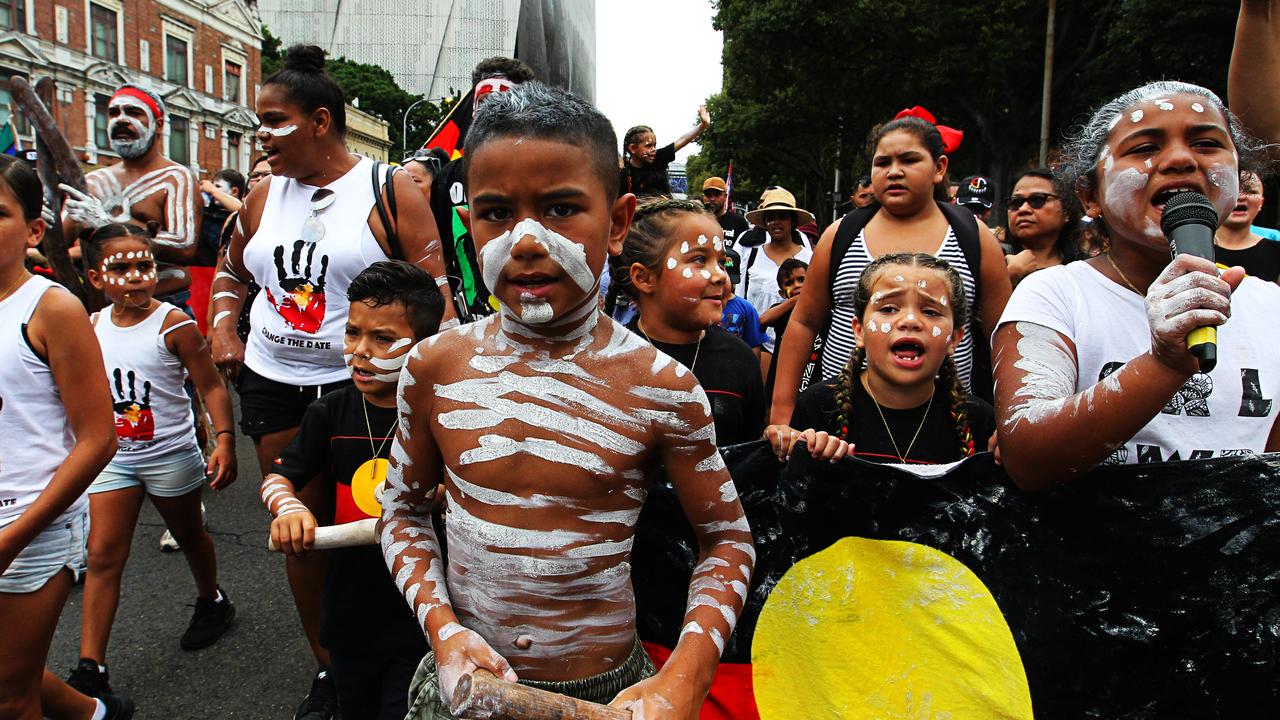
The level of hostility found in most online discussion and debate scenarios can be extreme, Ms Snowden said.
“Nonsense and profundity, truth and fabrication, have equal rights on social media. It can be a frustrating and bewildering place, and a great waster of time,” she said.
“Social media debates on politics quickly devolve into binary positions, between which repetitive messages bounce back and forth, often without resolution.”
BITTER VIEWS OF EACH OTHER
Monash University behavioural sciences expert Ana-Maria Bliuc said how we view people from an opposing camp has shifted.
“It can be tempting to think that people who disagree with you are mad, bad or simply stupid,” Ms Bliuc said.
“However, not only are such judgments usually wrong, but telling people that they are stupid is unlikely to convince them of the merit of your own view.”
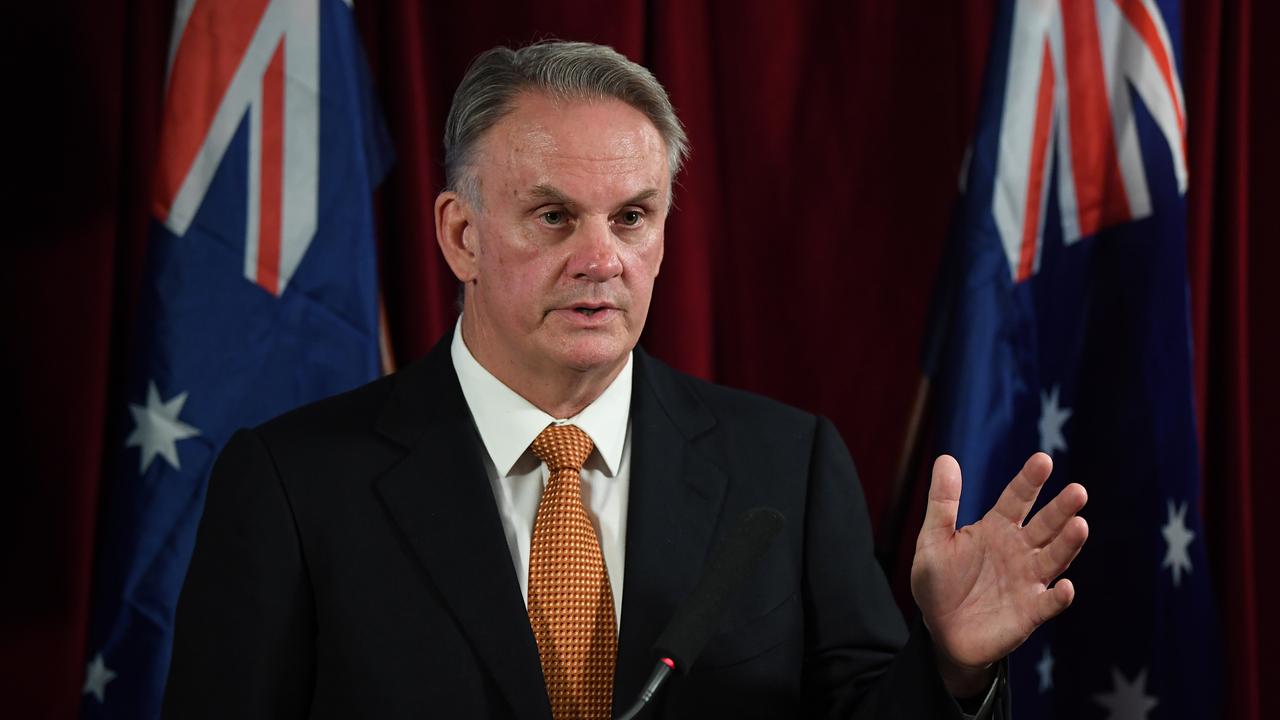
Being inside a social media belief bubble is pervasive because it feeds the view that we’re right and everyone else is wrong, she said.
“The first (way) is a sense of identification with their own group. Secondly there is a perception that their group is likely to succeed in its collective efforts — what we call ‘group efficacy’. And finally, they tend to have feelings of anger towards their perceived opposition,” Ms Bliuc said.
“These dimensions work together to create a collective sense of ‘us’ in opposition to ‘them’; a group consciousness that is present for both … groups.”
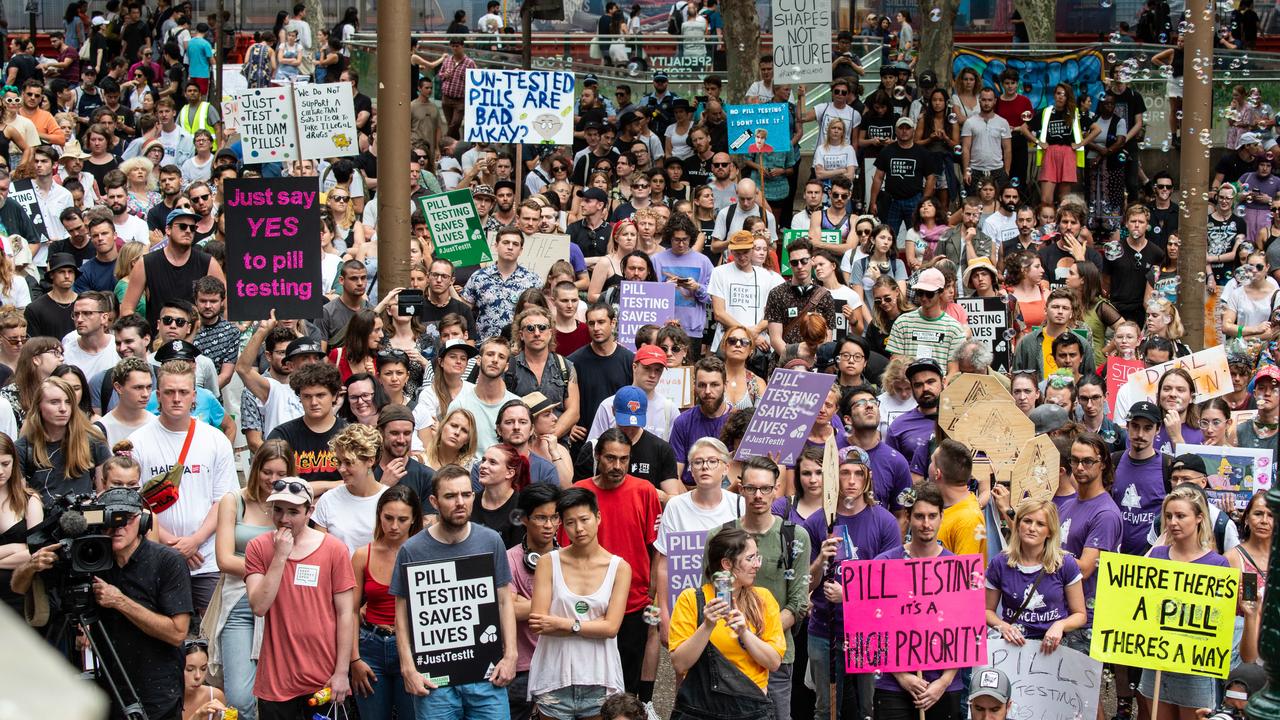
Mr Owen said social media platforms like Facebook, which promote confirmation bias and a kind of mob mentality, only push us further towards our extreme beliefs.
“The other thing going on is a thing called ‘outcome bias’ where not only do people love to win, but they hate to lose,” Mr Owens said.
“The pain of losing is a negative experience. People don’t want to lose their position or belief, and so humans are geared to take a position within their group ideology and to hold on to.”
NO WAY FORWARD
What does this mean for important discussions about the future direction of Australia? For one, it makes them pretty frustrating, Mr Owens said.
“A lot of the views on both sides of an argument are driven by emotion,” Mr Owens said. “Most people never check their biases. We don’t often behave rationally when we engage in these types of debates … we’re now tolerant of different views let alone open to accepting them. It means discussions are less and less constructive.”
Take the debate about Australia Day.
On one side, there’s a group who want to keep it as it is, while on the other are those who think it’s disrespectful to indigenous peoples.
One might think a good approach would be to rationally engage both sides, respecting their differing views, to try to find some common ground.
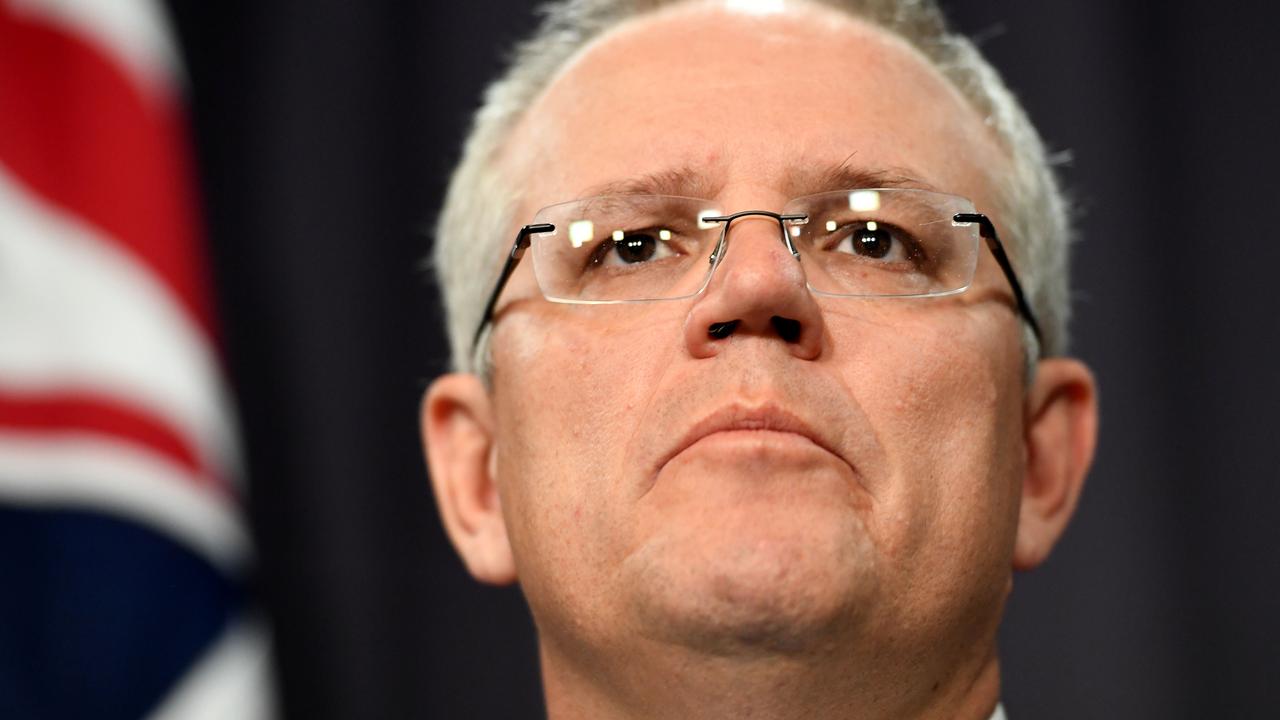
“What Scott Morrison did recently in saying one group can have Australia Day as it is and those who don’t want it can have another day, the day after, is so divisive,” Mr Owens said.
“That’s not the way to solve an issue. There’s a lot of meaning put into Australia Day from both sides. Until we can pull the heat out of it and have a conversation, nothing will change.”
An unwillingness to engage pushes both sides further to their group’s views and solve nothing, he said.

“If you ask people on the pro-Australia Day side what’s important to them about it and what it means to them, you’ll probably get 10 different answers from 10 different people,” Mr Owens said.
“It’s slightly different for everyone.
“Indigenous Australians are almost using this is a line-in-the-sand moment. I’m a white Anglo Australian and so I can’t talk to their experience, but what I can do is listen and be open to accepting their point of view.
“On the flip side, there’s a view that some (wanting to change the date) are shaming the other side. When people feel shamed, they shut down.
“If we can shift to what happened and what we’ve learnt, I think the discussion can move on to something more productive.”
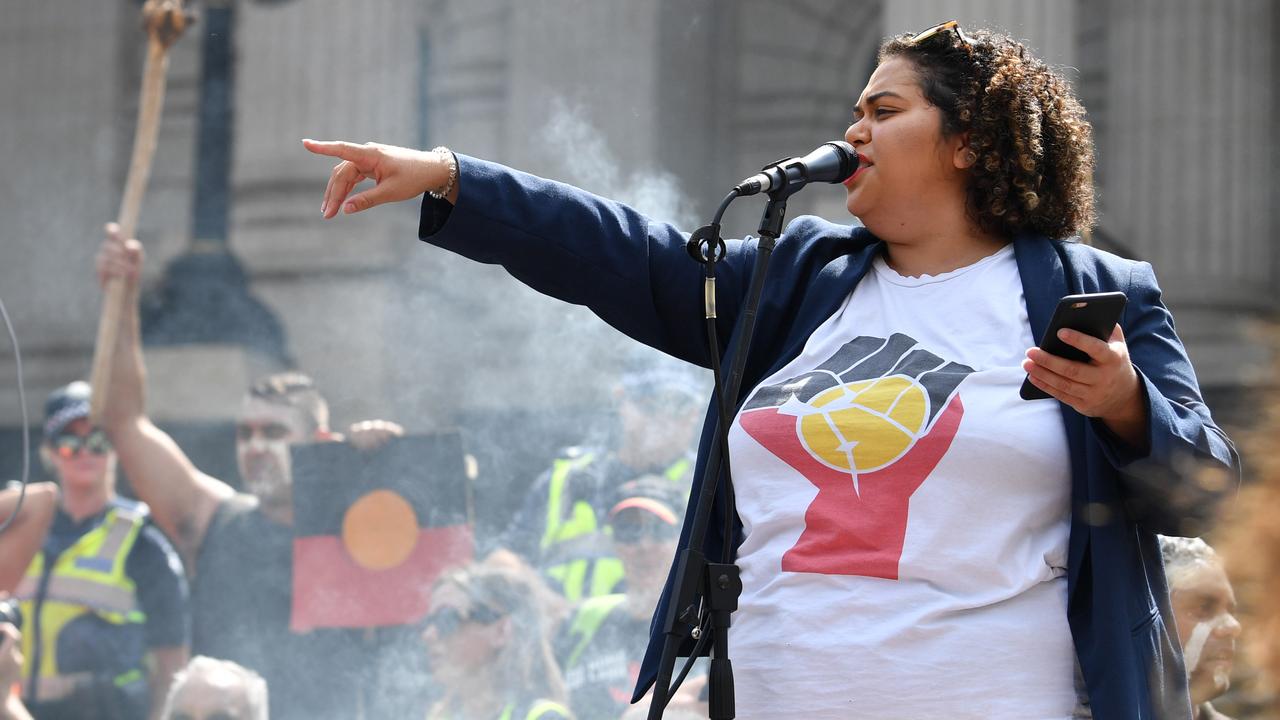
Mr Owens doesn’t blame social media entirely for the way discourse has disintegrated and believes division occurs regardless of the medium.
“The thing that’s missing is the self-understanding that we make these errors,” he said.
“I have a rational optimism that we will overcome this challenge of being unable to agree. I hope it can happen soon because there are a lot of quality conversations we need to have.”



